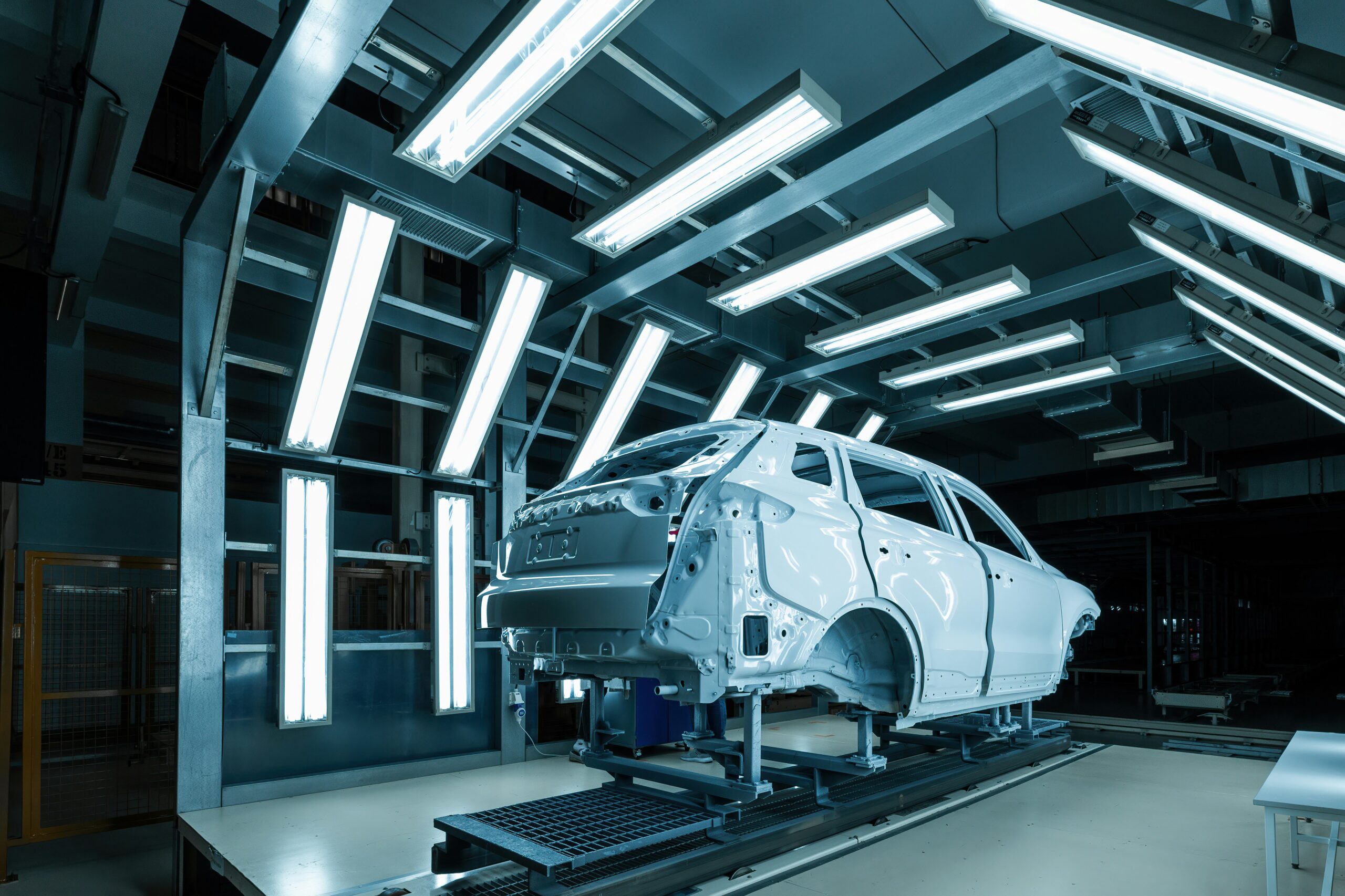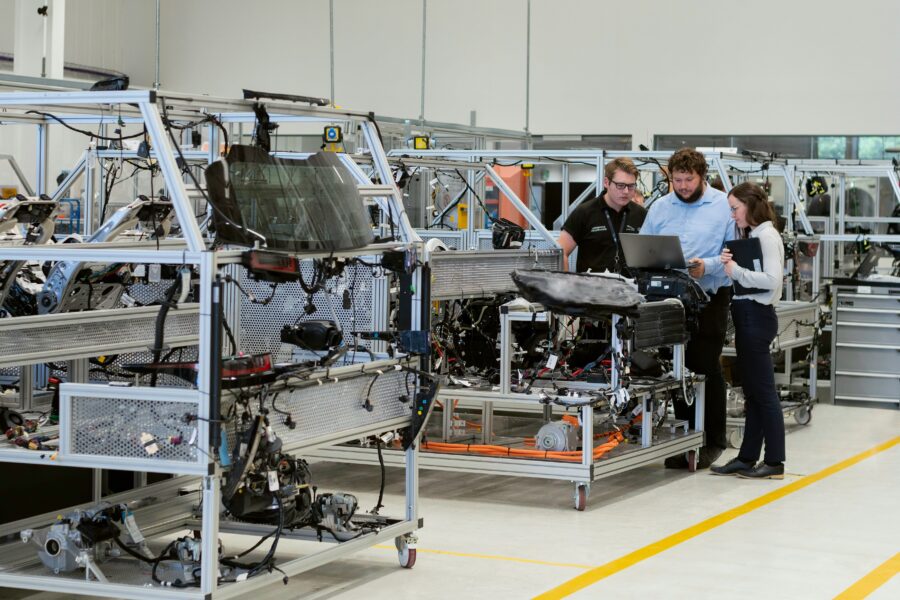The Field Application Engineer: Bridging Innovation and Implementation
In the world of mobility, where technology is reshaping how we travel, work, and live, one critical group often works behind the scenes to make it all happen: Field Application Engineers (FAEs). Whether it’s electric vehicles (EVs), autonomous driving, or connected infrastructure, FAEs are the unsung heroes ensuring these innovations work seamlessly.
But what exactly does a Field Application Engineer do, and how do they impact the mobility industry? Let’s break it down.
What is a Field Application Engineer?
At its core, the job of an FAE is a mix of technical support, problem-solving, and customer interaction. They act as the link between the product engineers who create cutting-edge technologies and the customers who rely on them. FAEs provide on-the-ground support, ensuring that technologies—especially those in complex fields like mobility—are integrated, optimized, and function correctly in real-world environments.
In the mobility industry, this can mean anything from assisting with the installation of EV charging stations to troubleshooting sensor systems for autonomous vehicles. FAEs are involved at every stage of the process: from product development to deployment, helping ensure that technology isn’t just a concept but something that works smoothly in everyday settings.
The Responsibilities of an FAE
Customer Interaction & Technical Support
A major responsibility of an FAE is working directly with customers—whether it’s automotive manufacturers, tech companies, or fleet operators. They make sure these organizations understand how to use, implement, and troubleshoot the technologies they purchase. For example, if a company is rolling out a fleet of electric vehicles, the FAE might guide them through integrating vehicle management systems or fine-tuning the software for fleet tracking.
Product Integration
The mobility industry is full of complex, interconnected systems. Whether it’s a car’s powertrain, a GPS navigation system, or an EV charging station, FAEs ensure these systems integrate perfectly. This could involve customizing software, working with engineers to ensure the technology fits specific use cases, or even ensuring that a fleet management solution works across different types of vehicles.
Testing and Troubleshooting
Technology never works flawlessly all the time. FAEs are the ones testing the equipment and solving any issues that arise in real-world applications. They may be involved in a variety of testing scenarios, from ensuring autonomous vehicle sensors perform well in different weather conditions, to making sure EVs charge efficiently at all times. Their troubleshooting expertise ensures that customers don’t face delays or disruptions in their operations.
Training and Knowledge Transfer
An FAE’s job isn’t just to fix problems—they also help their clients understand and fully leverage new technologies. They provide hands-on training, workshops, and ongoing support to ensure that customers get the most out of their systems. This could include training engineers on how to handle the intricate details of electric powertrains or showing a logistics team how to use fleet tracking tools to optimize their delivery routes.
The Background of an FAE
While every FAE’s background can vary, the most successful ones typically share a strong foundation in both engineering and customer-facing roles. Most FAEs hold degrees in fields like electrical engineering, computer science, or mechanical engineering. However, they also need excellent communication skills since they work directly with customers to understand their needs, explain technical concepts, and sometimes even train teams.
Given the fast-paced, ever-changing nature of the mobility sector, FAEs also need to be highly adaptable, staying on top of new technologies and trends in areas like electric mobility, autonomous driving, and connected infrastructure.
The Impact of FAEs on the Mobility Industry
While their work may seem behind the scenes, FAEs are crucial in ensuring that new technologies are successfully deployed and maintained in real-world settings. Without them, even the most advanced solutions can fall flat. Here’s how FAEs impact the industry:
Bringing Technology to Life
From EVs to autonomous vehicles, the technology in the mobility industry is complex and highly specialized. FAEs make sure that these technologies are deployed correctly, meaning they actually work in practical, everyday situations. They bring the promise of these innovations to life.
Facilitating Faster Adoption of New Technologies
When companies have the support they need to understand and integrate new technologies, they’re more likely to adopt them quickly. FAEs play a direct role in speeding up the transition to new technologies, whether it’s helping manufacturers integrate next-gen sensors or guiding fleet operators in managing electric vehicle infrastructure.
Ensuring Reliability and Performance
The stakes in mobility are high—whether it’s ensuring the safety of self-driving cars or the efficiency of EV charging stations, FAEs ensure everything runs reliably and smoothly. By troubleshooting, testing, and offering feedback to engineering teams, they help eliminate potential failures that could harm users or companies.
The Future of Field Application Engineers in Mobility
As the mobility industry continues to evolve, the role of FAEs will only grow more essential. The future is electric, autonomous, and connected—and FAEs will play a pivotal role in making these advancements a reality. Their ability to adapt to emerging technologies, troubleshoot complex issues, and communicate effectively with both customers and engineers will be indispensable as the industry moves toward more sustainable, tech-driven solutions.
The impact of FAEs in mobility isn’t just about fixing problems; it’s about enabling innovation, supporting growth, and driving the future of transportation forward.
In a world where mobility technologies are changing faster than ever, Field Application Engineers are the unsung technical heroes. They ensure that customers can integrate and use the latest innovations with ease, and their work is essential in making sure that the next generation of vehicles, infrastructure, and solutions are safe, efficient, and scalable. Whether it’s optimizing an EV’s charging system or troubleshooting a self-driving car’s sensor, FAEs are shaping the future of how we move.
If you’re looking to scale your technical sales team, or an FAE looking for your next opportunity, reach out to luca@akkar.com.







